‘She brought this little sleepy American town to life’: American Girl’s founder makes her mark on a human-sized village
American Girl creator Pleasant Rowland attended college in Aurora and fell in love with the Finger Lakes village, writes Sheila Flynn
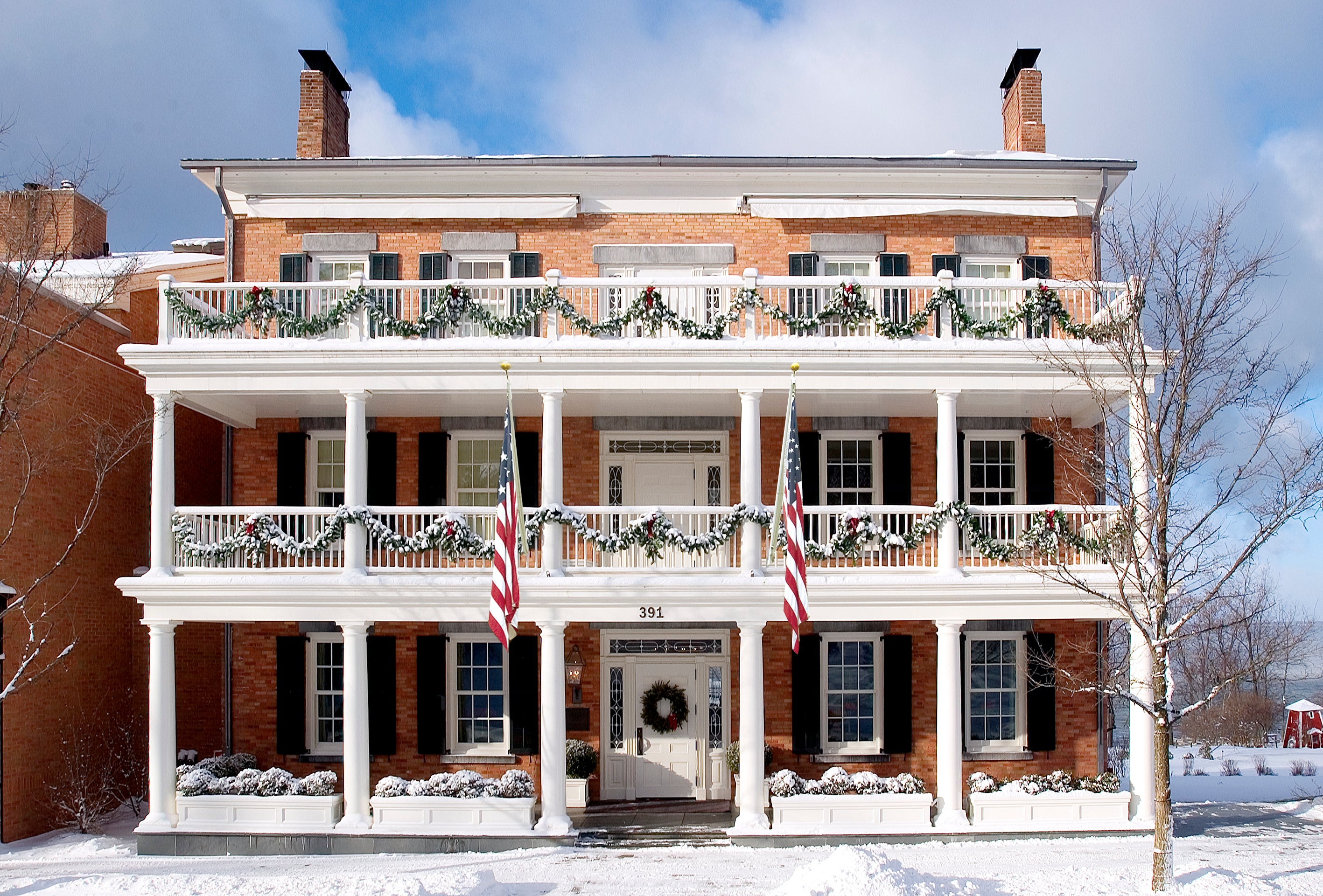
Your support helps us to tell the story
From reproductive rights to climate change to Big Tech, The Independent is on the ground when the story is developing. Whether it's investigating the financials of Elon Musk's pro-Trump PAC or producing our latest documentary, 'The A Word', which shines a light on the American women fighting for reproductive rights, we know how important it is to parse out the facts from the messaging.
At such a critical moment in US history, we need reporters on the ground. Your donation allows us to keep sending journalists to speak to both sides of the story.
The Independent is trusted by Americans across the entire political spectrum. And unlike many other quality news outlets, we choose not to lock Americans out of our reporting and analysis with paywalls. We believe quality journalism should be available to everyone, paid for by those who can afford it.
Your support makes all the difference.For more than 30 years, children have been tearing open Christmas gifts of American Girl dolls with glee, delving into the back stories of whichever new friends they’re welcoming into their homes.
The American Girl franchise has evolved into a wildly lucrative cultural touchstone since it burst onto the scene in the late 1980s and early ’90s, featuring everything from must-have dolls and destination stores to curated experiences.
And also, it turns out, a real-life village.
Yes, as little ones across the country play with their new dolls on Christmas morning, the sun will be rising over the streets of quaint Aurora, New York, which is being systematically remodelled by American Girl’s founder, Pleasant Rowland - some say to reflect her series of books and dolls.
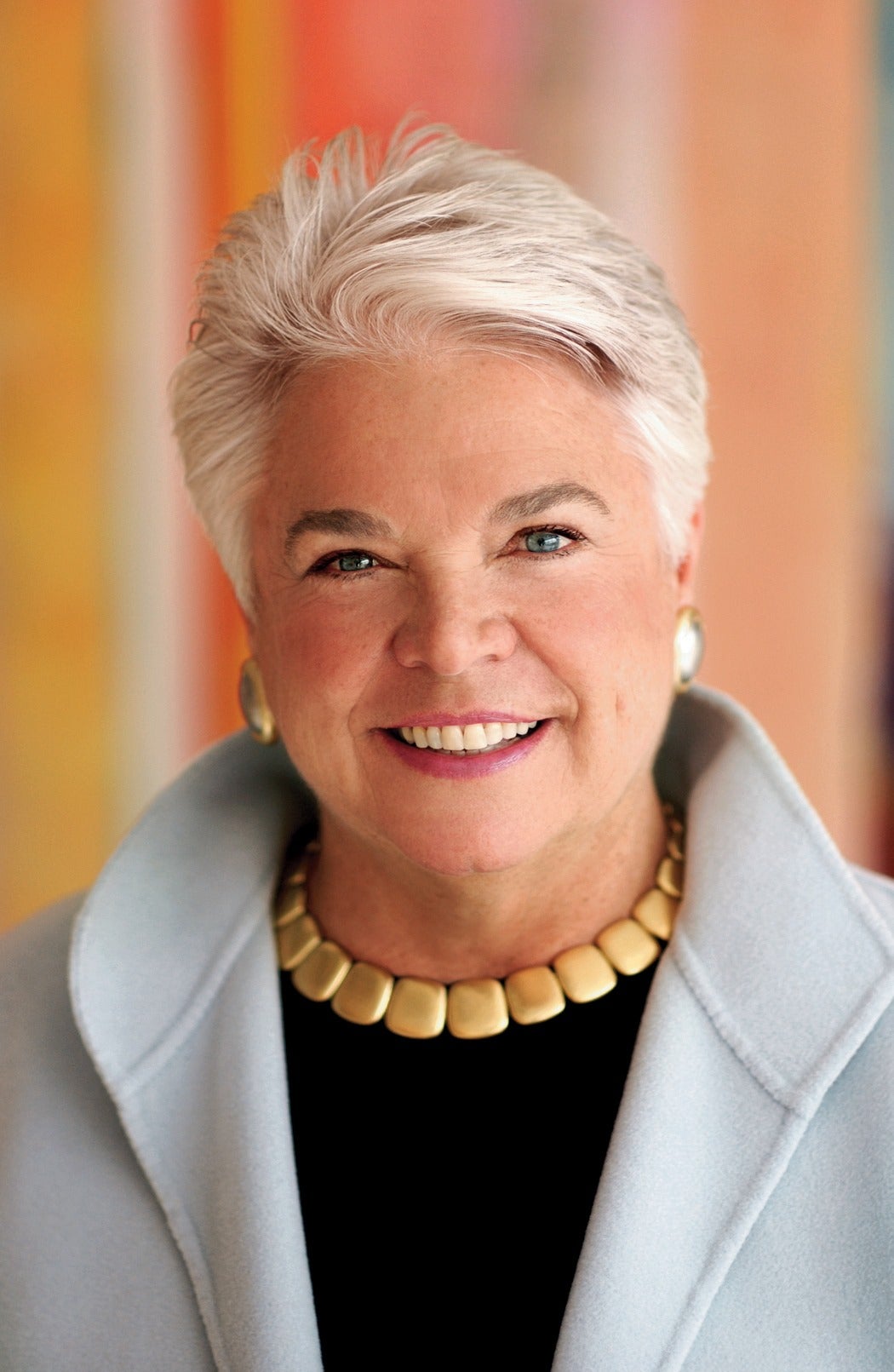
She graduated in 1962 from Wells College, a small liberal arts school which was then all female, located in the picturesque Finger Lakes region of upstate New York just about four hours from Manhattan.
“The four years I spent at Wells College, in the tiny village of Aurora, changed me forever,” Ms Rowland told Vogue in 2018. “First, of course, in the obvious ways that college changes everyone. But in another, deeper way, my heart was touched by the timeless remove of this place, far from the hustle and bustle.”
According to the profile, however, she’d forgotten just how special a place Aurora held in her heart after she left to work and raise a family in the Midwest. When she finally returned, decades after graduation, “she noticed many of Aurora’s historic buildings had fallen into disrepair, she decided to fix them. All of them. And a lot of other stuff, too,” Vogue wrote.
“Partnering with Wells College in 2001, she created the Aurora Foundation, donating her time and wealth to restoring properties and businesses throughout the town. She renovated the local watering hole, The Fargo Bar & Grill. She built a market. She bought MacKenzie-Childs, the eccentric home decor company in town, reorganized it, and brought it from bankruptcy to profitability.”
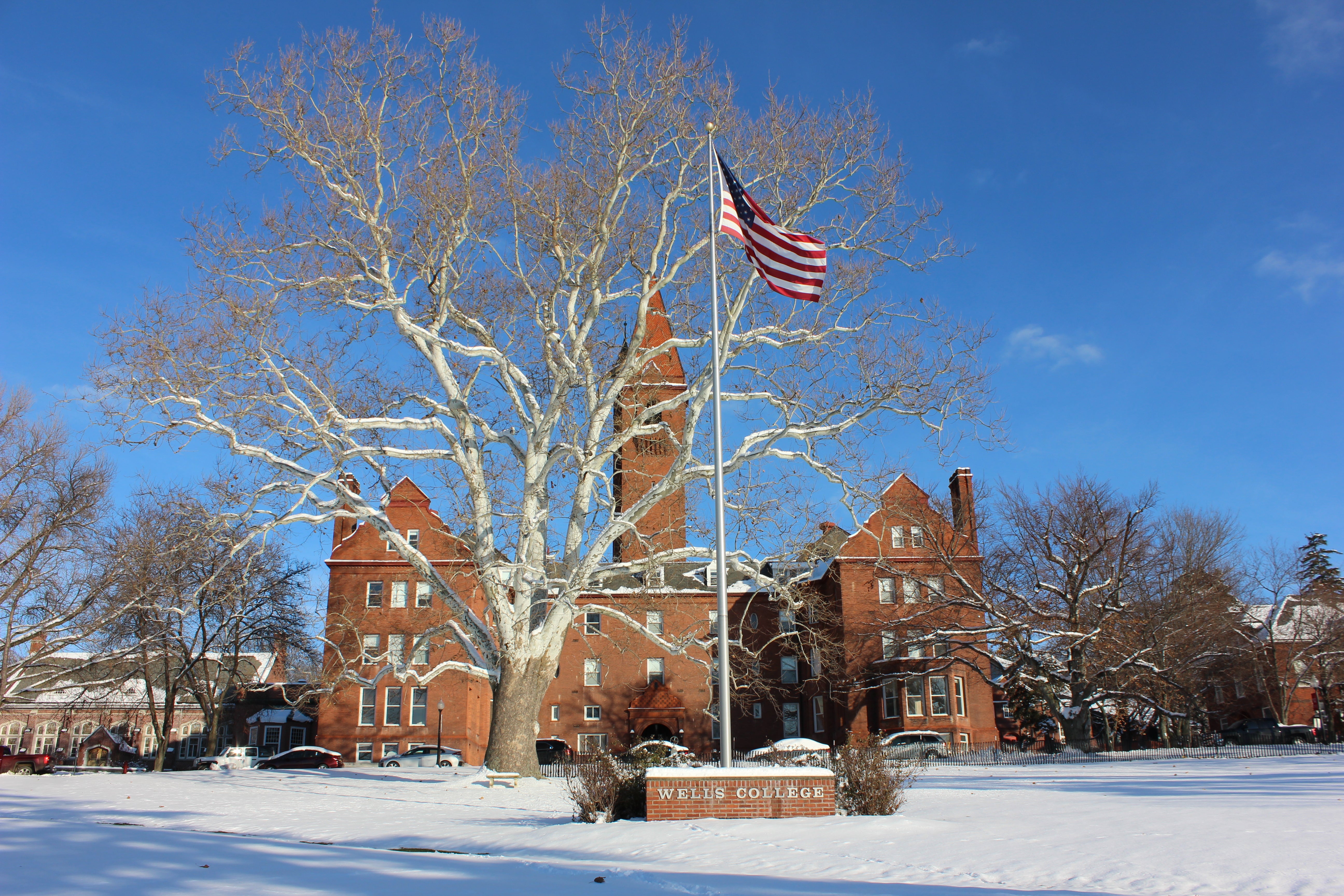
The spirit of American Girl – which Ms Rowland sold to Mattel in 1998 for $700m – is apparent but not in-your-face, says Karen Kuhl, the director of tourism for Cayuga County. A native of Nicaragua, she’s lived in the upstate New York region for decades and laughs that her own mother “has her entire attic of American Girl dolls” in Central America because the toys are so popular with the family granddaughters.
Ms Kuhl has brought her mother to Aurora more than once – and it was a hit.
“You don’t see any American Girl influence directly, but you see the quality, the class, the attention to detail – and this is what drew her to it,” Ms Kuhl tells The Independent.
The village, founded in 1789, features Ms Rowland’s Inns of Aurora, “five pristinely restored historic homes complete with resident innkeepers, in-room fireplaces, private balconies with stunning views of the Cayuga Lake,” according to the public relations firm representing the Inns.
“On the main strip in Aurora, where the Inns of Aurora owns both sides of the road, they took down all the electrical wires, and they’re all buried – so it gives you more of a feel of an older, antique-y, picturesque town, instead of seeing all the wires all over the place,” Ms Kuhl tells The Independent.
“And it was those attention to details that my mom picked up on – and she felt the connection with everything that [Ms Rowland] did when she was in charge of the American Girl collection.
“That’s what my mom loved about American Girl. The perfectly-designed teacups and the little tablecloths and the little dresses with the label on it – and everything was attention to detail.”
Many of the details are meticulously matched with the period in which each structure was built – so the architectural styles vary – coupled with the franchise founder’s personal tastes and items she’s collected on her travels.
“She definitely oversees all the interior design details,” Ms Kuhl tells The Independent, adding: “Each one has a different feeling, and ... with the art, to the carpet, to the types of furniture that are selected, they all give you certain feelings.”
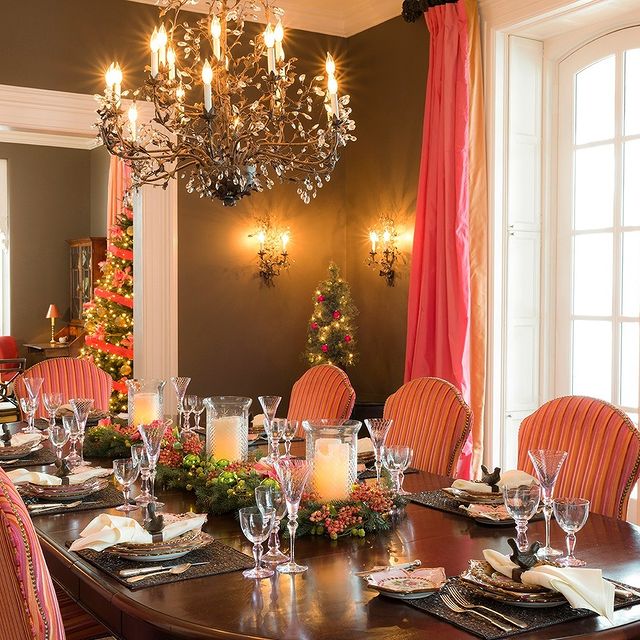
She continues: “Once in there, you want to continue having that feeling. That’s why they took it to the outside, to the street. There’s wonderful little shops that are not owned by the Pleasant Rowland Corporation, but they continue with that feeling of attention to detail and organisation and visual pleasantries ... and then, of course, you have Wells College in the same town.”
Wells has enthusiastically embraced its famous graduate as a “partner” and has seen a plethora of benefits, according to a college spokesman.
“In recent years, the Inns of Aurora has become an incredibly successful business, and it’s run by one of our most accomplished alums,” Wells spokesman Christopher Pollock tells The Independent. “And Pleasant Rowland has been a dedicated friend and a supporter of Wells for decades – and we continue to work directly with her business on a number of projects.
“It’s one of those things where our college and the Inns of Aurora I think benefit each other. People come to town because they’re interested in the Inns, but then they found out about Wells – or maybe vice versa.”
As is only to be expected in a quaint, tiny town, there has been some opposition to these projects, with locals complaining about everything from architectural styles (which can seem somewhat arbitrary) to the gripe that Ms Rowland’s money is essentially allowing her to re-mould the place according to her whims.
At one point, objectors were driving around with specially made bumper stickers proclaiming “Aurora was Pleasant before.” At the same time, supporters were calling her a “fairy godmother”.
Despite some of those detractors (notably interesting given the influx of transplants to the region from New York City), visitors – and of course American Girl superfans – love Aurora. And Ms Rowland’s focused, unusual effort has been a boon for the region, according to tourism officials.
Ms Kuhl pointed to two wineries centred on high-end clients that have opened in recent years, telling The Independent: “You see other properties growing, other investments growing ... Had she not invested in that property, none of those others would’ve been coming along.”
She calls Ms Rowland “the one who brought this little sleepy American town to life”.
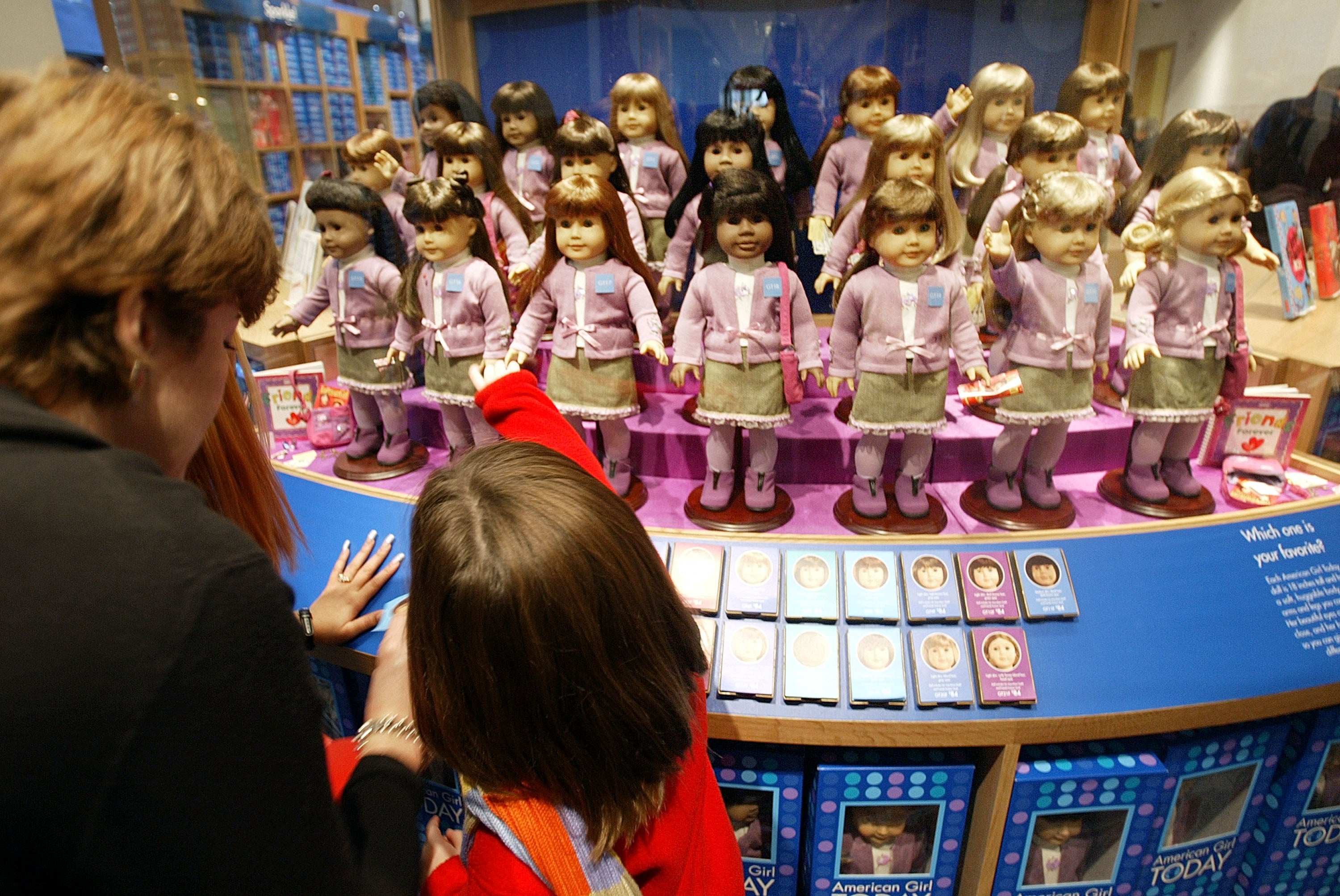
That life is not cheap, however – in keeping with the price tags of American Girl dolls, their accessories and associated experiences. A quick search of the Inns of Aurora availability shows that, for a midweek night in January, rooms at the scattered resort start at $303. Accommodations and activities are clearly geared towards to the well-heeled; possibilities at Christmastime, for example, include private candelit yoga and a private holiday oil painting class.
Midweek massage prices at the new swanky spa begin at $150 – not much more than a doll itself currently costs to buy, and that’s not counting the add-ons.
But that means money and jobs for the area, which has actually seen an increase in business not only from Ms Rowland’s efforts but also from remote work and the pandemic.
“We have the supply of visitors who are interested and who are looking for more boutique and luxury products in the area,” Ms Kuhl tells The Independent. “Not just the Inss and the neighbouring property ... but the entire Finger Lakes region received a big boom through all this.”
She adds: “People who normally vacationed in Europe, South America, were looking for something nearby.”
The unusual and wholesome flavour of Aurora, she says – infused with the spirit and feel of a treasured national franchise – became even more attractive, she believes.
“It’s not commercialisation of the American Girl; I’ve never seen advertising of American Girl or anything like that in Aurora,” Ms Kuhl tells The Independent. “It’s just attention to detail ... [and] unique inns, because each one is so different from the others.”
The Wells College spokesman, Mr Pollock, is another transplant to the area who only arrived after Ms Rowland began her industrious projects. There’s just something about the place, he tells The Independent – whether it’s the American Girl subtext or not.
“One of the things that drew me back to Aurora ... was this incredible sense of place,” he says. “There’s a sense of beauty and still ness and community here.
“That maybe sounds like a cliche, but it really doesn’t exist in a lot of other places, big or small.”
Subscribe to Independent Premium to bookmark this article
Want to bookmark your favourite articles and stories to read or reference later? Start your Independent Premium subscription today.
Join our commenting forum
Join thought-provoking conversations, follow other Independent readers and see their replies
Comments